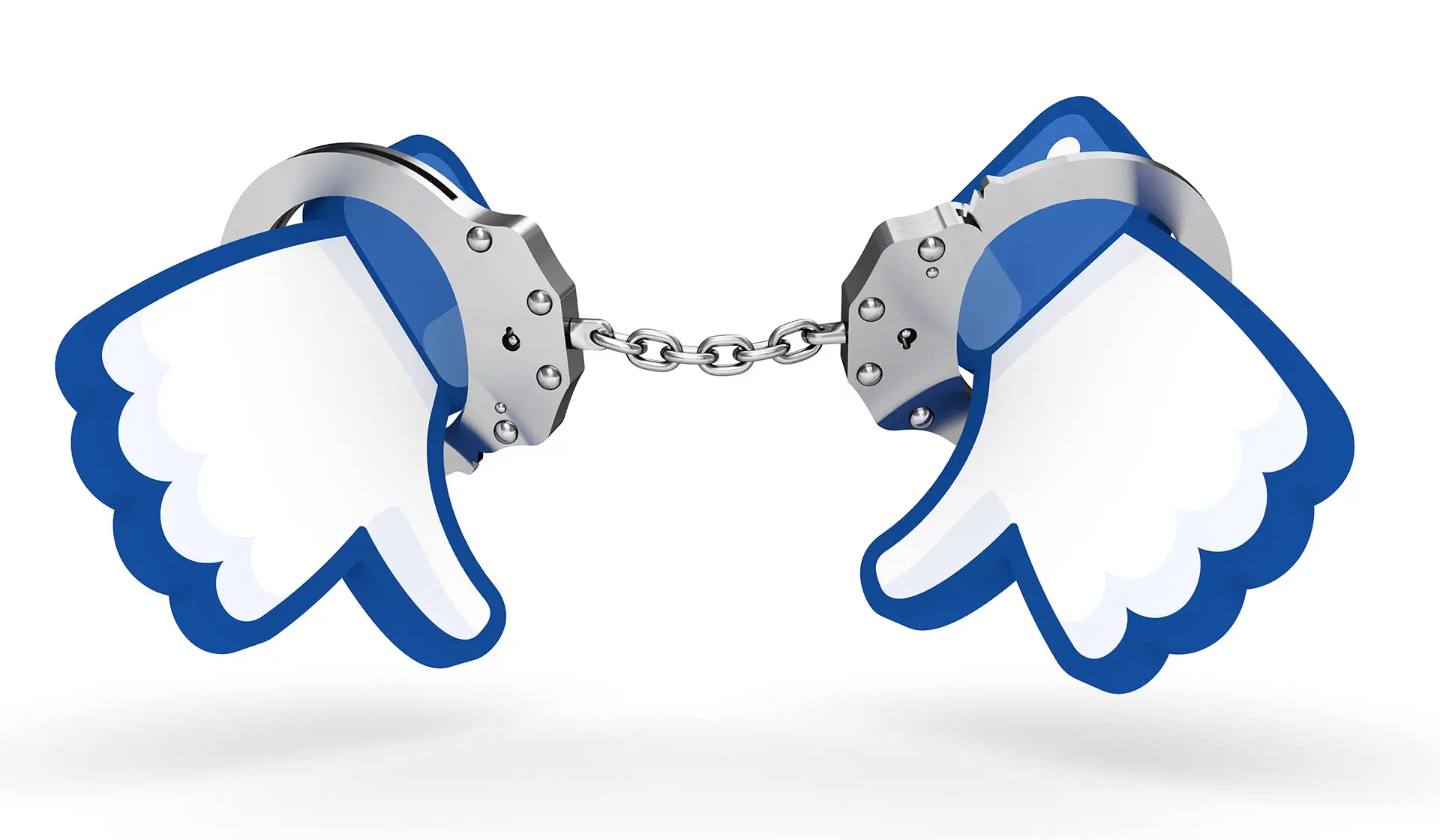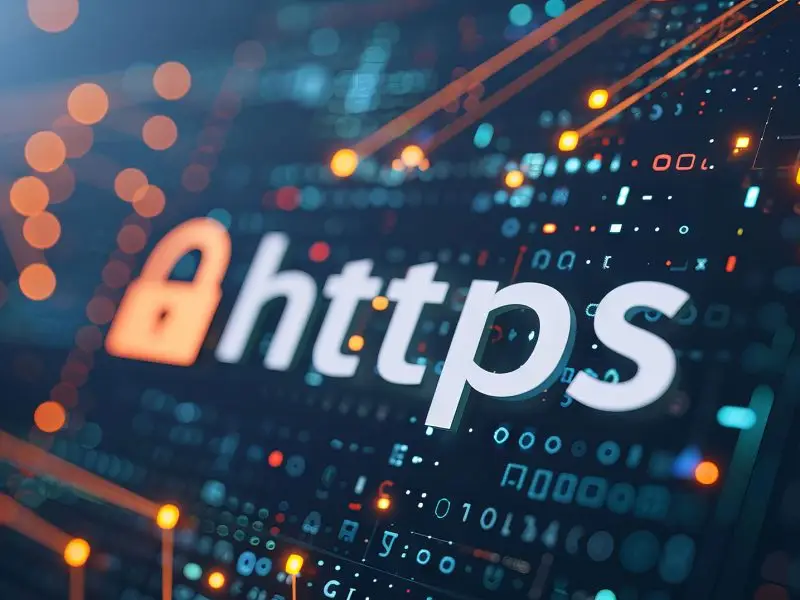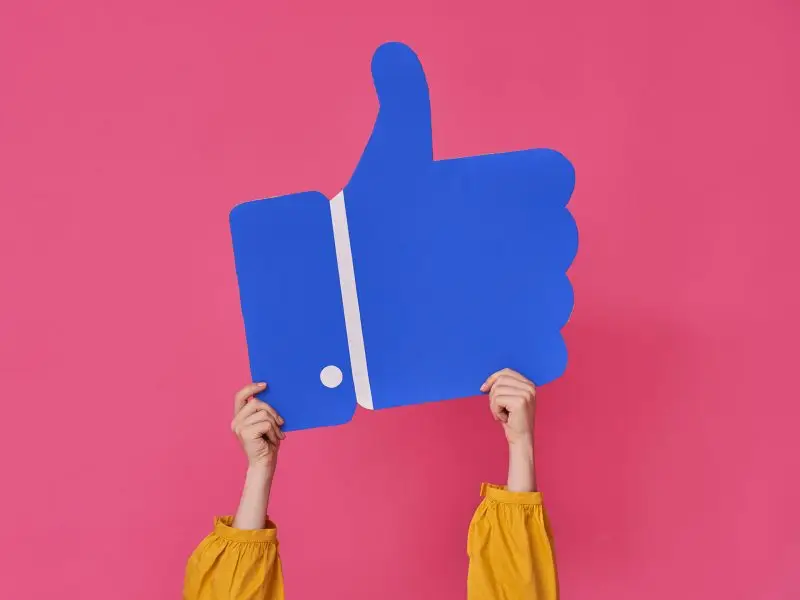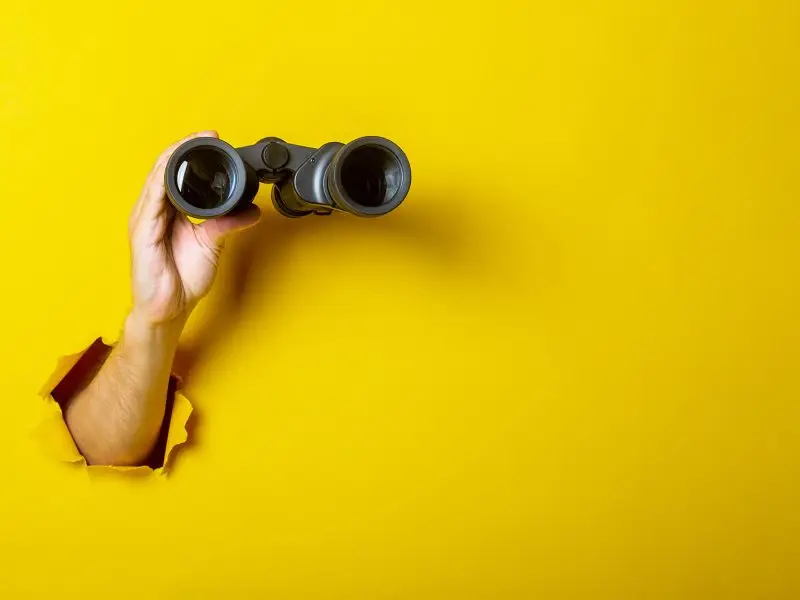Facebook Did Not Sell Your Data
Facebook and the Cambridge Analytica scandal has been big news around the world in recent months, culminating in CEO Mark Zuckerburg appearing before a Senate Committee to answer some pretty searching questions.
Many ‘experts’ have been quick to condemn Facebook and put the blame firmly at the feet of a platform which billions of users engage with every day. Facebook has made no bones about the fact it leverages user data to make their business financially viable. What this means is that you get free access to the platform and all that it offers. In return, they use your data for things like selling advertising space.
Facebook Did Not Sell Your Data
The truth is that Cambridge Analytica was an unscrupulous data company who used a third-party app called “thisisyourdigitallife” to grab user data. The key charge is that the company gained access to over 50 million profiles and used it to potentially influence the 2016 US election. Cambridge Analytica has since gone out of business, though the people responsible have already set up elsewhere. It gives a brief glimpse of the often-nefarious world of data mining.
Facebook has safeguards in place to protect users from third party apps and has spent some time reviewing their processes over the years. The current crisis started back in 2013 when a Cambridge University researcher called Alexandr Kogan developed a personality testing app. It was certainly the case that, at this time, Facebook enabled Kogan to access not just the data of people who downloaded their apps but their friends and connections too. This took some 300,000 people who had agreed to the terms and conditions of the app and blew it up to the tens of millions.
A year later, according to Mark Zuckerberg: “to prevent abusive apps, we announced that we were changing the entire platform to dramatically limit the data apps could access. Most importantly, apps like Kogan’s could no longer ask for data about a person’s friends unless their friends had also authorized the app.”
Unfortunately, Kogan shared his data with Cambridge Analytica, something that was already against Facebook policy as any further third-party sharing requires consent. Facebook took fairly quick action when they discovered what had happened, including banning the app and requesting that both Kogan and Cambridge Analytica certified that the original data had been destroyed.
Cambridge Analytica certified the destruction but kept the data, using it for the 2016 American presidential campaign, an obvious breach of trust on their part.
Facebook has since put in processes for tightening up its data handling and keeping users informed of both their rights and what they are able to do.
However, setting aside the initial mistake in allowing the harvesting of friends and family data via the app, there’s another culpable party in this scandal.
And that’s users themselves.
Taking Responsibility For Your Own Data
Head to Facebook today and you’ll find numerous apps and downloads that you can sign up for free. They include quick quizzes that ask: “Which Pokémon Character Are You?” or “Which Game of Thrones Character Do You Most Resemble?” or most recently during the Royal Wedding fever: “What would your Royal Name Be?” All these ask for access to your Facebook profile and there’s only one reason they do that – to harvest your data.
That means users are routinely giving away their data and not thinking twice about it. How many apps have you downloaded which are still on your profile? For many of us, it’s probably quite a few. This is something we’ve allowed for years. That’s right, you authorised apps to take your data, each and every time you “Played” one of these personality tests and if you haven’t revoked that access, they are still accessing your data.
Big data is now big business. It’s become a lot more sophisticated and everyone uses it. Facebook can put measures in place to decrease the likelihood of your data being misused but they can’t prevent it entirely. At least not without changing their business model (and that would mean you paying for access to the platform).
What you can do, is take control of your own data usage and be more vigilant. Start with checking your account to see which apps you’ve given permission to. While you’re at it, you can do the same with your Twitter, LinkedIn and other social media accounts. And while you’re at that, check the data policies of sites like Amazon and your various Google app accounts. The other thing you can do is not share any information on Facebook that you don’t want others to see.
How to Remove Facebook App Access
It’s pretty easy to remove APP access. Simply go into your settings and click on Apps. You can remove or block any games or apps that you are currently subscribed to. You can also go into your setting to change how you interact with third party apps and remove permissions to use your data. It takes just a few seconds to do whether you’re on a desktop PC or a mobile phone.
The truth is that we all have the power to control the data we own and how it is used. While Facebook have received much of the attention over the last few months, we shouldn’t ignore our own complicity in the scandal. Paying attention to what data these seemingly fun apps want to access just be the solution to preventing your data from being misused.





